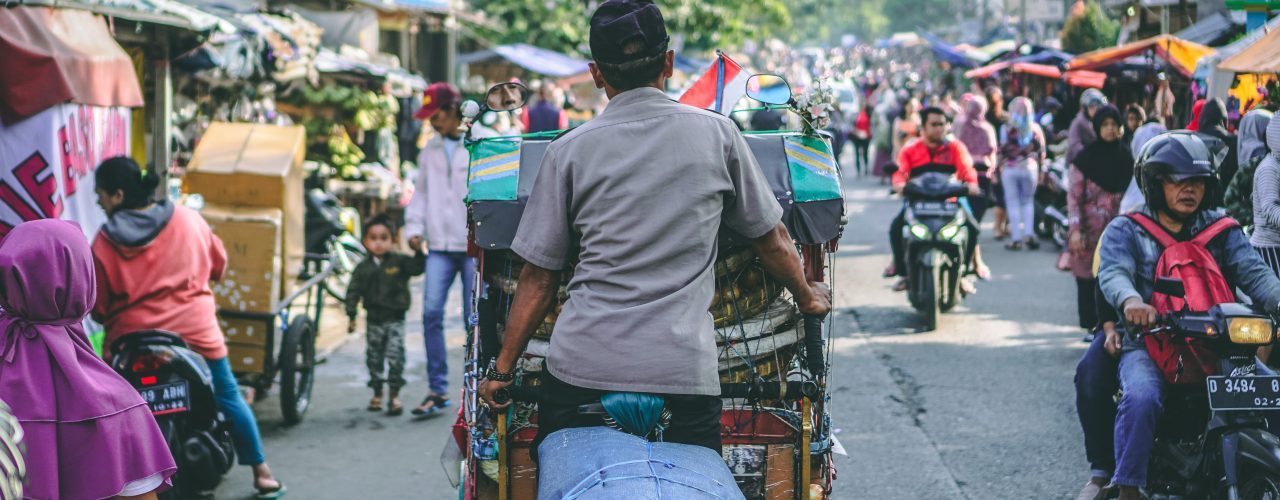- Indonesia’s VAT collection is lower than peer economies due to a large informal sector and businesses exploiting registration thresholds.
- Integrating all businesses into the VAT framework with flexible collection can prevent threshold manipulation and increase transparency.
- VAT is a major revenue source for Indonesia, contributing around 28 percent of total tax revenue.
- Indonesia’s VAT-to-GDP ratio is lower than countries like the Philippines, Thailand, China, South Korea, and the UK.
- The informal sector and a high registration threshold contribute to sub-optimal VAT collection.
- Businesses exploit the IDR 4.8 billion threshold by creating multiple entities to avoid VAT.
- The 2021 Tax Harmonisation Law reclassified some goods and services to be taxable, improving transaction tracking and compliance.
- The policy aims to integrate transactions into the VAT system without imposing additional taxes, enhancing transparency.
Source: eastasiaforum.org
Note that this post was (partially) written with the help of AI. It is always useful to review the original source material, and where needed to obtain (local) advice from a specialist.
Latest Posts in "Indonesia"
- Finance Ministry Probes 40 Steel Firms for Rp5 Trillion Annual VAT Losses
- Finance Ministry to Inspect Steel Giants After Uncovering Widespread VAT Evasion Scheme
- VAT Registration and E-Faktur Compliance in Indonesia: Key Challenges for Foreign Investors
- Indonesia Reinstates 100% VAT Incentive for Home, Apartment Purchases up to Rp2 Billion in 2026
- Finance Ministry Offers 100% VAT Incentive for Home Buyers Throughout 2026















